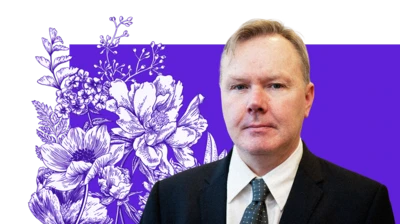We've updated our Privacy and Cookies Policy
We've made some important changes to our Privacy and Cookies Policy and we want you to know what this means for you and your data.
Andy Murray 'Scottish when he loses' myth dismissed
Image source, Getty Images
The myth that tennis player Andy Murray is labelled British when he wins and Scottish when he loses is wrong, a linguistics study has claimed.
Ben Dickson, from Stirling University, analysed UK press reports of Murray's Wimbledon matches from 2005-2014.
His study found that the press were "consistent" when describing his national identity, whatever the result.
How the Scotsman was labelled depended more on the type of newspaper and where it was published, Mr Dickson said.
The dissertation, on the use of national identity in sports reporting, formed part of Mr Dickson's MSc in applied linguistics. He examined about 200 press reports before coming to his conclusion.
The postgraduate student found that Scottish newspapers referred to Murray as Scottish twice as frequently as they referred to him as British.
Nationalism 'key'
In the UK national press, broadsheets tended to refer to Murray as Scottish, while the tabloids called him British.
But none of the descriptions tended to change with the result of the matches.
Tennis fan Mr Dickson said: "I was determined to put this issue to bed once and for all. My research shows that the result of Andy Murray's matches does not affect the way the UK-based press refer to his national identity.
"What has been identified, however, is that nationalism is key to the language of sports reports in the UK."
The student's research found broadsheets tended to give a voice to Murray only when he was successful and that tabloids tended to use more personal language like first names and nicknames.
Nationalistic terms were used to refer to Murray's opponents in all newspapers except one broadsheet.
Dr Vander Viana, who supervised the study, said: "The analysis of language constantly throws up surprises. Our intuitions on how we think we use language and how we actually use it are not the same, as this fascinating corpus research shows.
"Dickson's study dispels a long-standing myth on the basis of a thorough linguistic analysis."
Top Stories
More to explore
Most read
Content is not available








